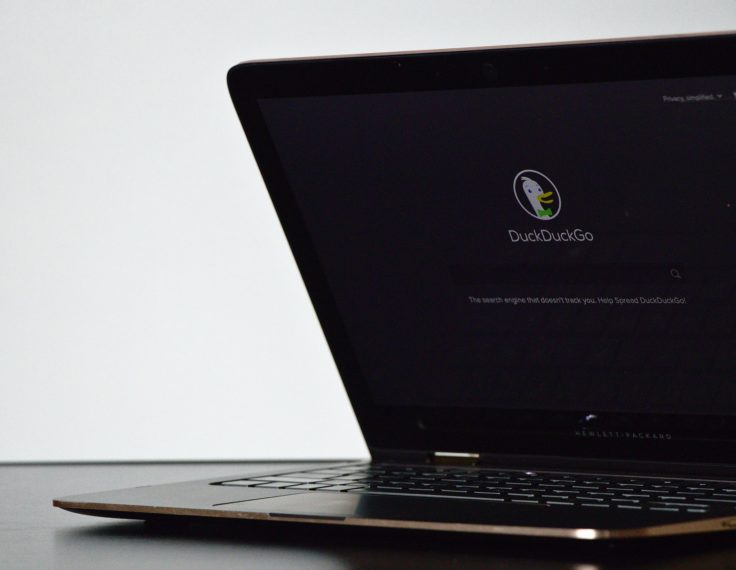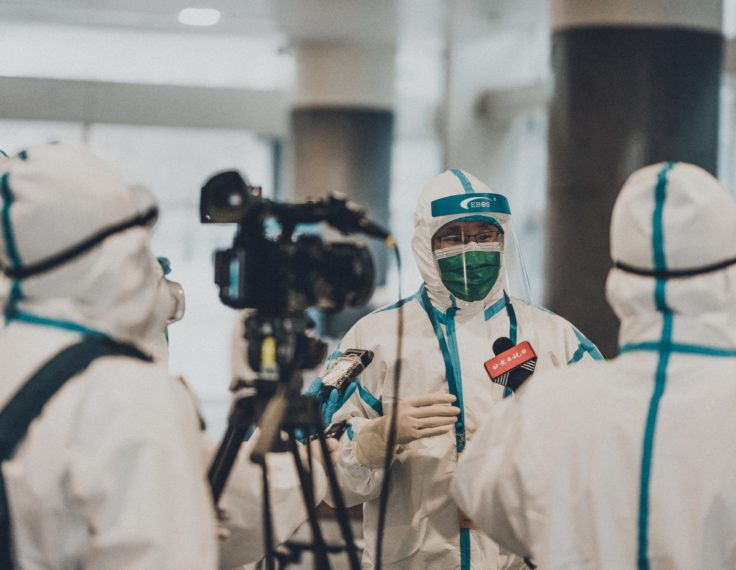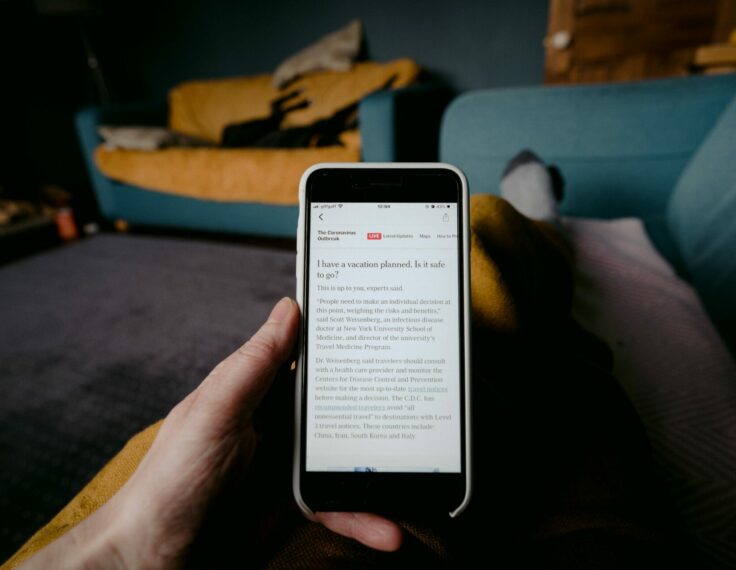Explore All Articles
Featured Articles
All Articles
Article Topic

COVID-19
How search engines disseminate information about COVID-19 and why they should do better
Mykola Makhortykh, Aleksandra Urman and Roberto Ulloa
Access to accurate and up-to-date information is essential for individual and collective decision making, especially at times of emergency. On February 26, 2020, two weeks before the World Health Organization (WHO) officially declared the COVID-19’s emergency a “pandemic,” we systematically collected and analyzed search results for the term “coronavirus” in three languages from six search engines. We

COVID-19
Why do people believe COVID-19 conspiracy theories?
Joseph E. Uscinski, Adam M. Enders, Casey Klofstad, Michelle Seelig, John Funchion, Caleb Everett, Stefan Wuchty, Kamal Premaratne and Manohar Murthi
As conspiracy theories about COVID-19 take root in the United States, understanding the psychological foundations of conspiracy beliefs is increasingly critical. Our research shows that beliefs in two popular variants of COVID-19 conspiracy theory are the joint product of the psychological predispositions 1) to reject information coming from experts and other authority figures and 2) to view major events as the product of conspiracies, as well as partisan and ideological motivations.

COVID-19
Identifying patterns to prevent the spread of misinformation during epidemics
Elaine O. Nsoesie and Olubusola Oladeji
This paper discusses patterns of public health misinformation observed during infectious disease epidemics. Specifically, we group epidemic-related misinformation into four categories: transmission, prevention, treatment, and vaccination. By developing tools, algorithms, and other resources around these categories, institutions, companies, and individuals can proactively limit and counter the spread of misinformation and its potential negative health effects.

COVID-19
The relation between media consumption and misinformation at the outset of the SARS-CoV-2 pandemic in the US
Kathleen Hall Jamieson and Dolores Albarracín
A US national probability-based survey during the early days of the SARS-CoV-2 spread in the US showed that, above and beyond respondents’ political party, mainstream broadcast media use (e.g., NBC News) correlated with accurate information about the disease’s lethality, and mainstream print media use (e.g.,

COVID-19
Using misinformation as a political weapon: COVID-19 and Bolsonaro in Brazil
Julie Ricard and Juliano Medeiros
With over 30,000 confirmed cases, Brazil is currently the country most affected by COVID-19 in Latin America, and ranked 12th worldwide (John Hopkins University & Medicine, 2020). Despite all evidence, a strong rhetoric undermining risks associated to COVID-19 has been endorsed at the highest levels of the Brazilian government, making President Jair Bolsonaro the leader of the “coronavirus-denial movement” (Friedman, 2020.
